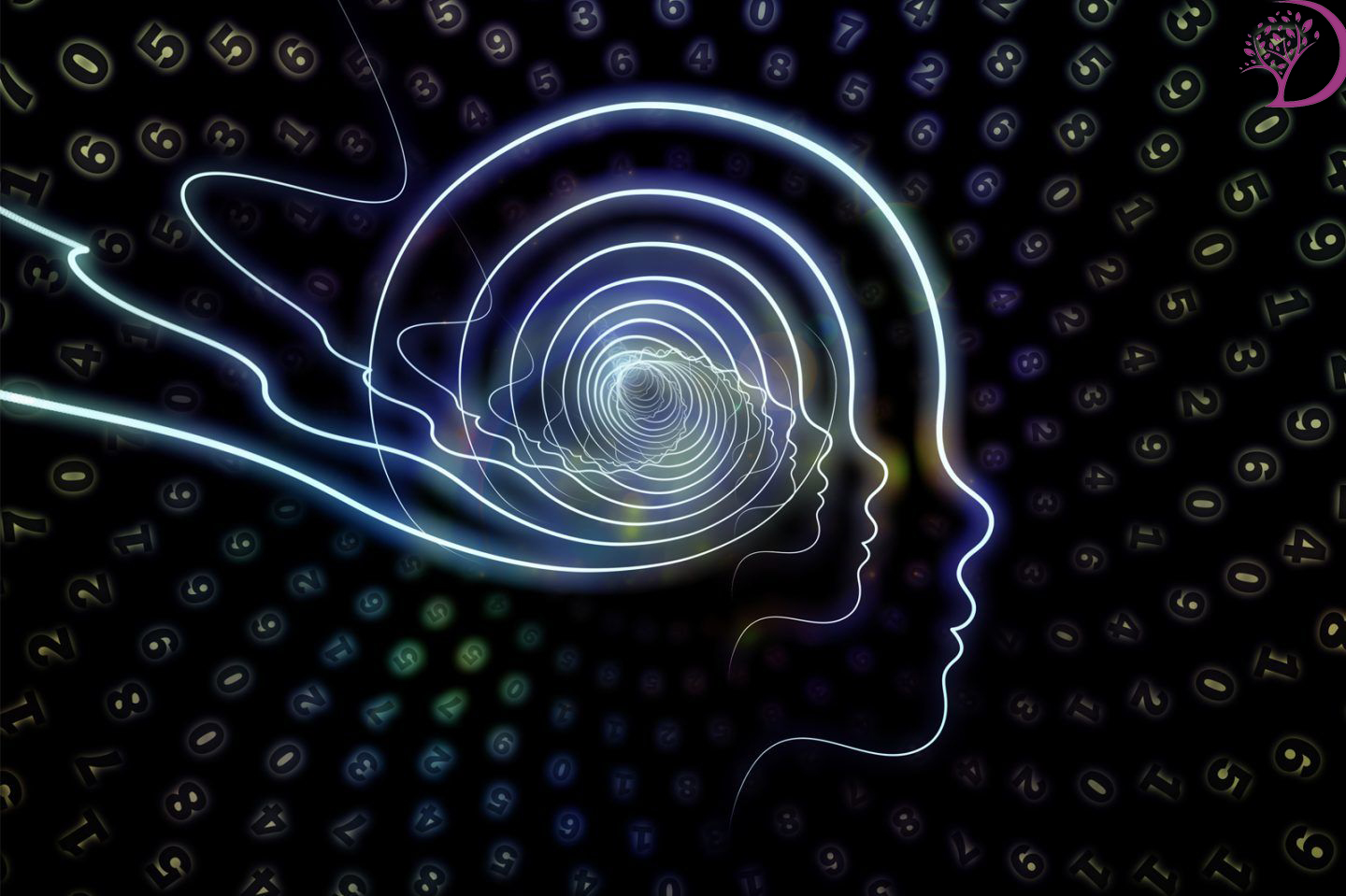“The theory of dreams is the most distinctive and unique aspect of psychoanalysis, something that has no parallel in all human knowledge, an extension of an entirely new place, reclaimed from popular belief and mysticism.” – Sigmund Freud
We all dream, these dreams can be amusing and beautiful, they can be bad and disturbing, we may tell them to friends in the morning after waking up and we may never remember them. But why do we dream, and what are the implications of our dreams, do they have a meaning? Learn about the opinion of psychology on the interpretation of dreams in this article.
What are dreams and why do we dream
Dreams are stories and images that our mind creates during sleep.
These dreams can be completely realistic or imaginary, and can often be disturbing and unpleasant.
Dreams occur at any time during the sleep cycle but are most profound and vivid during the REM period.
Some of our dreams are lucid (meaning during which we know that we are dreaming), which is an intermediate state between dreaming and waking, during which the brain is at its maximum level of activity and effectiveness.
But why do we dream?
Many theories try to explain why dreams exist; some consider dreams unimportant and just irrational brain activity during sleep, while others view them as a necessity for people’s mental and psychological health.
The opinions of the top psychologists in dreams and how to interpret them
Psychologists differ in their opinion of dreams and how to interpret them.
According to Freud and his followers; Dreams are a subconscious and subconscious way of expressing desires.
Others, including Calvin S. Hall, advocate that dreams be a reflection of what we experience in our waking lives.
Freud’s opinion, which he put forward through his book “The Interpretation of Dreams”, is widely popular even today.
Freud considers the dream to be one of the means of fulfilling the unconscious or unfeasible desires of the dreamer.
He also claims that the lucid and logical dream is nothing but a disguise of another hidden meaning.
Sigmund Freud’s method in the book “The Interpretation of Dreams”
Among Freud’s interpretations – for example – is that the flying dream is a symbolization of the dreamer’s desire to be free from a certain restriction he lives in his real life.
Freud calls the process of transforming symbolic meanings in a dream into clear meanings “dream work.”
Carl Jung’s approach to dream interpretation
Jung is considered one of Freud’s students who deviated from his course and adopted differing and sometimes competing for views of their teacher.
Jung agrees with Freud on dream interpretation and psychology that dreams contain latent meanings and interpretations, but unlike Freud, he believes that dreams are a dreamer’s way of balancing his subconscious with the real world, rather than his means of achieving the unattainable. In fact (according to Freud’s belief).
An example of Jung’s interpretation of dreams is his interpretation of a young man’s dreams as follows: In the dream, the young man was accompanied by his father in the car, and the father was driving at random because he was drunk and eventually crashed into a wall and smashed the car.
The strangeness of the dream is that the young man’s relationship with his father is very good, so why does he see him in this non-committal and chaotic way?! Young’s approach explains this dream that the young man is still living under his father’s wing, and that this dream was a subconscious way of alerting him to take charge of his life by overthrowing the father’s authority over his son’s life.
Calvin Hall’s approach to dream interpretation
Calvin Hall disagreed with both Jung and Freud’s view that dreams have an underlying meaning, and even proposed a new theory that views dream as a direct projection of ideas that the mind spins during sleep.
Hall’s theory includes several basic ideas that constitute a different understanding of the theory of the interrelationship between dream interpretation and psychology, namely:
- A person’s view of himself and his abilities: The man dreamed that he became very rich and then suddenly lost his money, which means, according to Hall, that this man is weak in confidence in him and in his ability to keep the things he owns.
- A person’s view of others and important individuals around him: If the adolescent thinks that his mother is annoying, she will appear in his dreams in the same form (that is, as he sees and feels about her).
- And a person’s view of the world and the environment around him: For example, if a person feels lonely and sees the world around him feeling dull, his dreams may be in a snowy and dark environment.
- A person’s view of pent-up motives and desires: Hall focuses on this point that dreams are not a reflection of our desires but rather the way we deal with and understand these desires.
- A person’s view of the problems and obstacles he faces in his life.
Possible interpretations of the most common dreams
-Chasing in dreams: It is a common dream of severe tension and anxiety experienced by the dreamer during the dream, which may indicate a person’s fear of something or his evasion of a certain issue in his real life.
-Dreams of falling: This dream is associated with a person’s insecurity or a sense of failure (or fear of it).
-Dreams of exams and interviews: you are in an interview and you forget what you have to say, or you find yourself in a strange exam that you do not know why you are in it or any of the meanings of the existing questions.
This dream has many possible interpretations; It may indicate that you are facing a challenge in your real life, or that you are in a situation where you have to make a decision and others.
-Flying: Have several possible explanations, including a person’s yearning to be free from a certain restriction, or a person’s feeling of satisfaction with his life and being at the top.
Interpretations vary according to the different details of the dream.
The use of dreams in psychotherapy
Interpretation of dreams helps in psychological analysis and a clearer understanding of the personality of individuals.
Since Freud published his famous book on the interpretation of dreams, many methods of psychotherapy have adopted his principle that dreams are the best way to access the unconscious activities of the mind.
In general, this method of treatment remains somewhat ambiguous and is governed by the approach followed by the therapist in interpreting the dream, as well as to his own beliefs and opinions, and it still requires a lot of work and more research.





